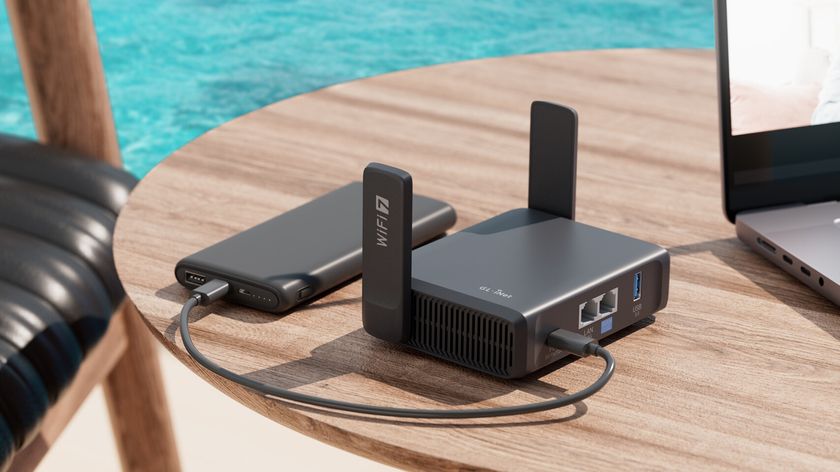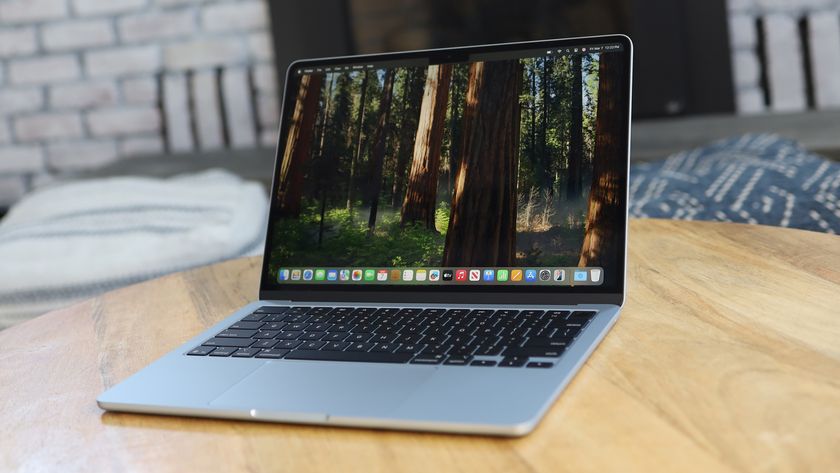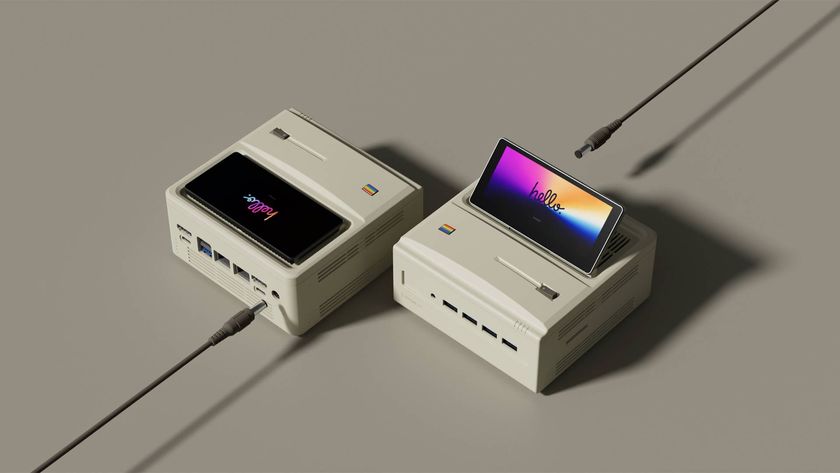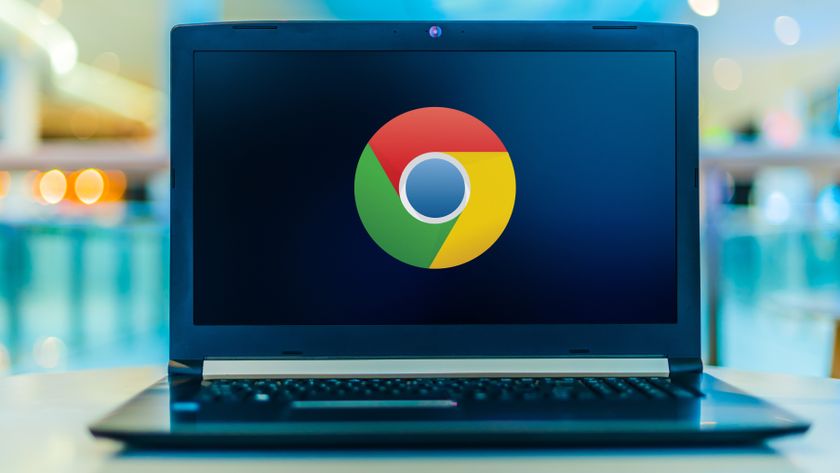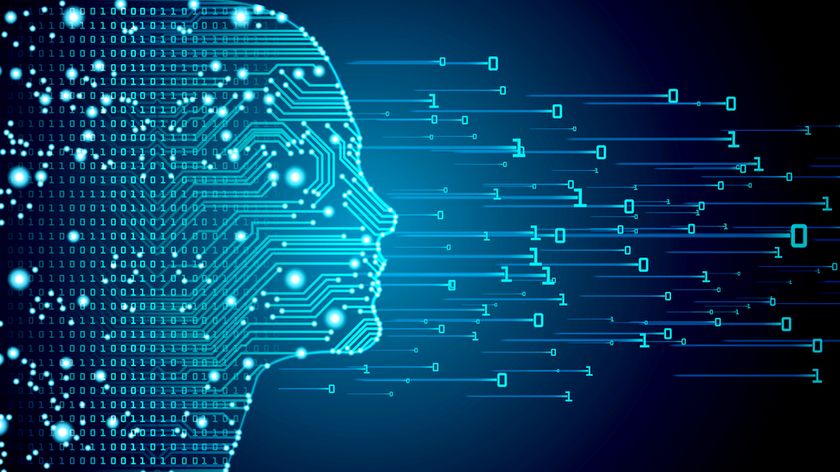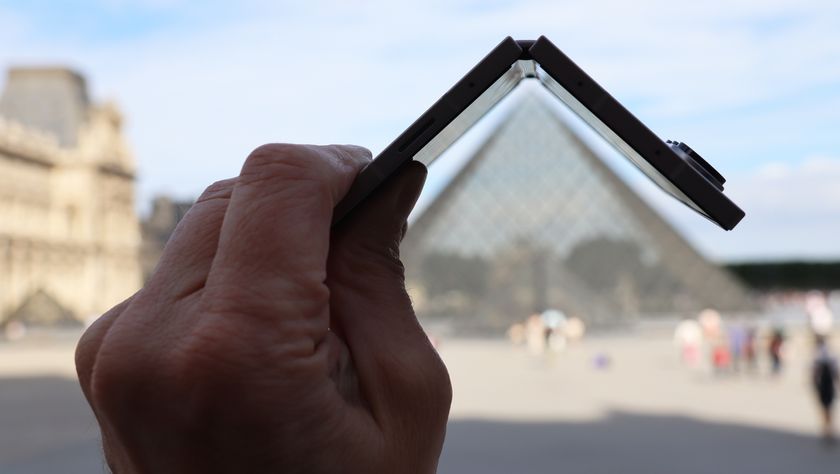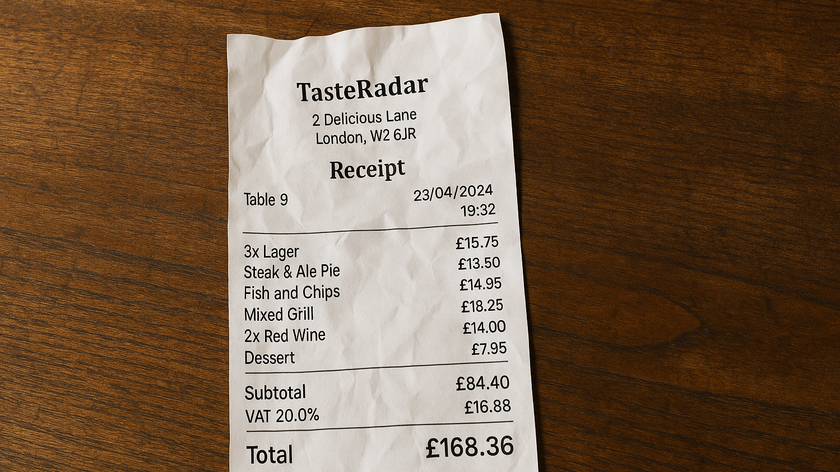The future of facial recognition: big brother or our new best friend?
Innovation vs privacy and your face is in the middle
Regardless, there are plenty of people seeking regulation for the facial recognition industry before it has the chance to get there.
On the other side of the isle from Animetrics is the powerful American Civil Liberties Union (ACLU). The ACLU is seeking the establishment of strict guidelines, to ensure the technology is deployed safely and not abused.
"Our biggest concern is that this can be used as the next mass surveillance tool. For all the good uses this may have, if it supercharges video surveillance at a biometric level then it could have a profound impact," says Jay Stanley, Senior Policy Analyst in the ACLU's Speech, Privacy and Technology Project.
"Potentially, it is yet another source of personal information that's valuable and vulnerable. In terms of Facebook, this is a company that already has so much information about so many people," he added.
Animetrics' point is that the tech itself is not dangerous as long as those garnering the data are not abusing it. The ACLU argues, given the shocking nature of the seemingly never ending NSA and GCHQ revelations, it would be foolish to bank on this valuable data being safeguarded and protected.
Bringing this back to Facebook's DeepFace technology, why should we be excited that a company with such a questionable record for safeguarding the data of their consumers is developing technology that can pick out 4,000 people from 4 million photos with near-perfect human accuracy?
As a result of all of this, negotiations are on-going with the National Telecommunications and Information Administration (NTIA) in the hopes of setting the rules every proponent of facial recognition has to follow. Meetings will continue in Washington D.C throughout the year.
Get daily insight, inspiration and deals in your inbox
Sign up for breaking news, reviews, opinion, top tech deals, and more.
The facial recognition community is worried guidelines could stifle innovation before the industry even gets off the ground. The ALCU argues that "the rules will enable the positive applications to be fully explored safely," says Jay Stanley.
But really, where is all this good stuff the FR industry can offer us consumers and tech fans? We don't really mind getting up to answer the door and most of the other stuff making the news recently seems more for the benefit of advertisers and marketers. Who wants to help those guys?
Always Minority Report
Remember the Minority Report scene where Tom Cruise walks into a building and all the advertisements are immediately tailored to him? Recent reports have revealed that Tesco is experimenting with cameras at petrol stations, which will recognise faces and then tailor ads and offers to them as they walk into the store. Who wants that?
Despite Google ruling out facial recognition apps for Google Glass, a company called Emotient is building tools for the headset which will allow retailers to better gauge human emotions and allow shop assistants to offer better customer service. Is that really the best we can do?
Where are all the positive life-changing applications? Those that could possibly justify the privacy risks and the fears that data will be obtained and abused by governments whose shameful spying is becoming more apparent with each passing day? No, easier tagging of our Facebook photos doesn't match the criteria.
Man's best friend
One of the few happy stories when it comes to facial recognition is that of Philip Rooyakkers, but even that has a sad prologue.
After his pet dog went missing a few years back, Rooyakkers lamented the sense of powerlessness experienced by heartbroken owners. He decided to create a subscription-based, facial recognition app for pets that launched in the App Store in February.
PiP My Pet uses patent-pending algorithms to match up pets with photos. When a pet goes missing, owners can report it using the app, sending an Amber Alert out to fellow users, veterinary practices, shelters, animal control agencies within a 15 mile radius, complete with a photo. It'll also post a missing pet report on sites like Craigslist and PetFinder.
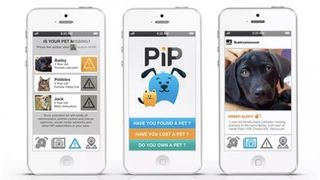
"When I lost my dog, it really upset me there was no technology being applied to this problem. The best we've been able to come up in the last 100 years of companionship with dogs is tags, tattoos or microchips. Nothing really put it in the hands of everyday consumers or good Samaritans," he tells us.
"Pets are such an integral part of our life, people can mourn that loss for years. In America we lose 1.5m pets a year and 80 per cent of dogs and 98 per cent of cats never make it back to their owners. For less than a price of a coffee each month why wouldn't you use PIP Finder?"
Rooyakkers says he's had inquiries over adapting the tech for use in wildlife studies, to enable conservationists to monitor animals without having to tag them. While an obvious use exists for missing persons and children, following on from that, perhaps something for those people suffering memory disorders?
Perhaps, starting with our furry friends, there's a real reason to hold out hope for a facial recognition-aided future that's not the next great Orwellian data dash after all.
- 1
- 2
Current page: Good news for big brother, or man's best friend?
Prev Page The future of facial reconigitonA technology journalist, writer and videographer of many magazines and websites including T3, Gadget Magazine and TechRadar.com. He specializes in applications for smartphones, tablets and handheld devices, with bylines also at The Guardian, WIRED, Trusted Reviews and Wareable. Chris is also the podcast host for The Liverpool Way. As well as tech and football, Chris is a pop-punk fan and enjoys the art of wrasslin'.
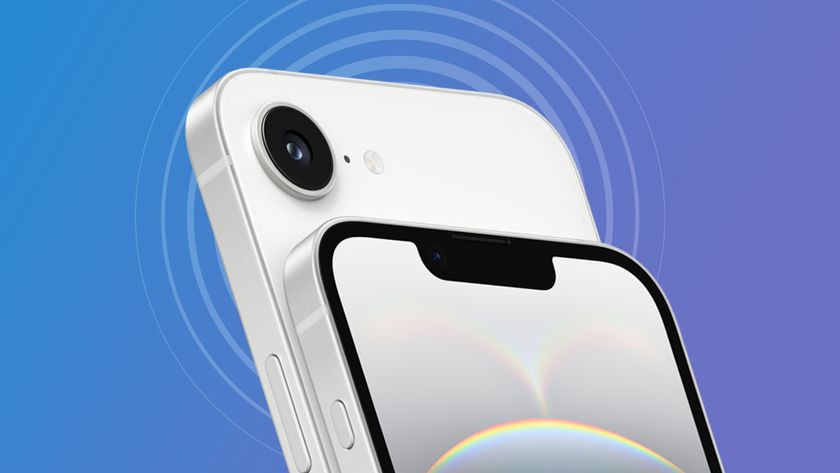
SpaceX and Apple reported spat could spell bad news for Starlink and your iPhone’s satellite communication features
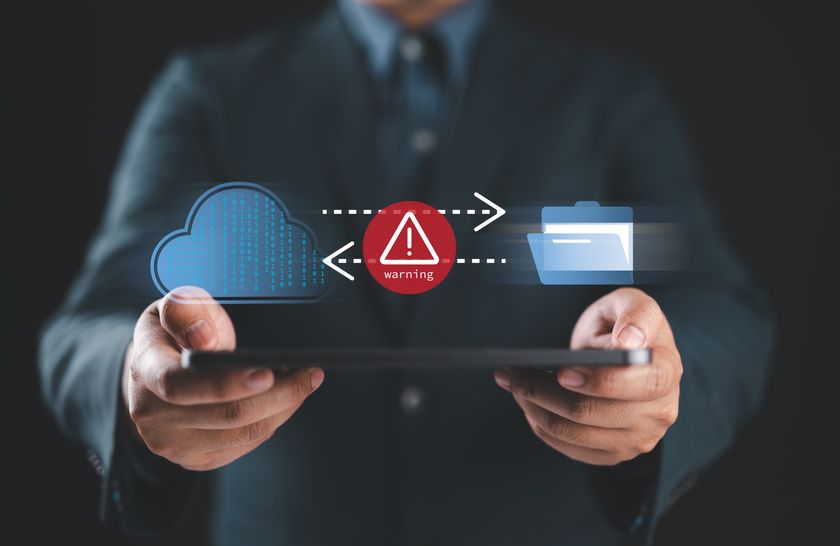
Security firm Check Point confirms data breach, but says users have nothing to worry about
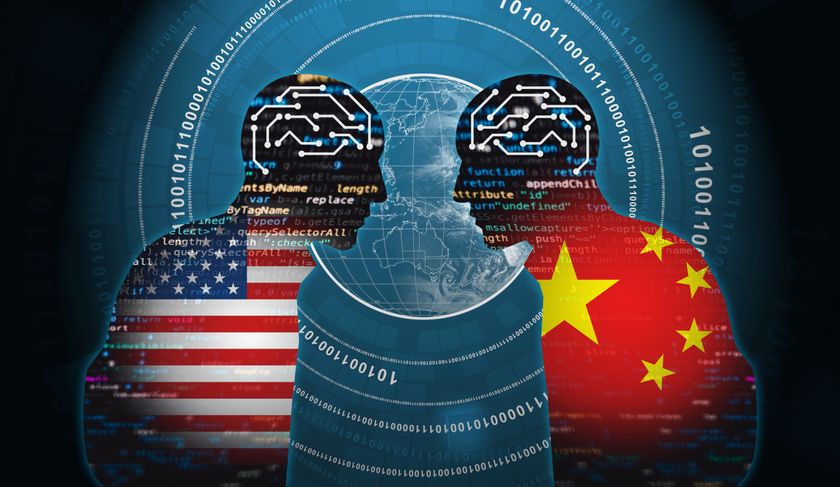
American cyber brass calls for retaliatory strikes against China, but is the US really ready?

